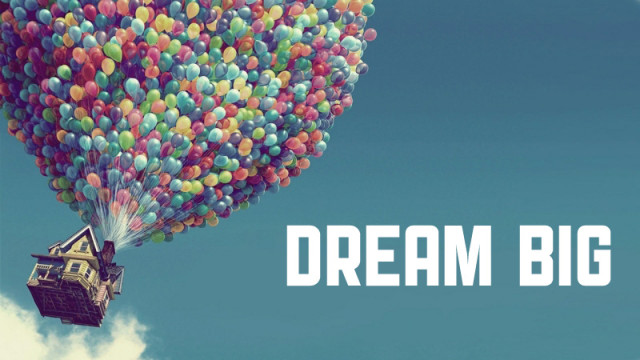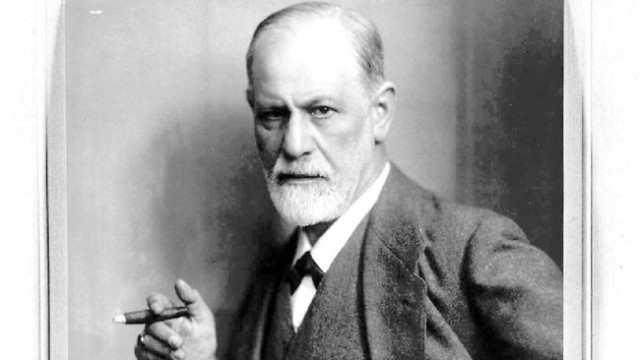“… O God! Can I not grasp
Them with a tighter clasp?
O God! can I not save
One from the pitiless wave?
Is all that we see or seem
But a dream within a dream?”
-Edgar Allan Poe
Dreams, sometimes magical and sometimes terrifying, often wishful and rarely a denial. I don’t need to tell you what a dream literally is but you might just not know ‘what your dreams are made of!’
An involuntary expression of notions and emotions, dreams are commonly believed to be a consequence of our subconscious mind. Scientifically, dreams that we tend to remember occur in the Rapid-Eye Movement (REM) stage of our sleep while the ones that usually fade away when we wake up are believed to have happened during deeper stages of sleep (otherwise known as non-REM). On an average, we watch 3-5 dreams per night and in the course of our life, we probably spend 6 years dreaming (this doesn’t include day-dreaming in a history lecture!)
Now let’s skip the scientific jargon and understand the psyche of a dream.
Have you ever woken up from sleep and felt so certain about it being a Sunday, entirely overlooking the fact that you ‘dreamt it was a Sunday’ but it feels so real! Or did you wake up to a broken heart with the last thing that you ‘remember’ being fighting with your man but all you ever did was dream about it ?
If Sigmund Freud were alive, he would ask you if you dreaded an off from work or whether you were expecting a brawl already? And its most likely that you would’ve answered with a ‘Yes’ to both the questions. And then Freud would have grinned and told you about Psychoanalysis! His theory claims that dreams are a mere reflection of unfulfilled desires in our daily life. What we can’t seem to get or what we wish to definitely not go through, our dreams do the vice-versa when we go to bed. Freud describes dream content as both latent (deep wishes) and manifest (relatively superficial and dependent on latent).
But what if Freud isn’t around? In such a case, Carl Jung would be your rescuer.
The Jungian theory is essentially based on the same premise of dreams being a manifestation of our unconscious desires. However, it differs from it in the sense that, Jung reflects dreams as a medium of conversation between our conscious & subconscious mind. He believes that every dream we watch has a subtle message underlying the situation. He further stresses on the relevance of recurring dreams as a sign of something that needs attention.
Now that we know what dreams might mean, let us explore various dream-phenomena that you might experience in daily life.
Lucid Dreaming (LD) or the-dream-you-know-you-are-dreaming, is an interesting dream type. LD is a state of wakefulness or conscious dreaming wherein the dreamer can control the environment and characters in his dream. Sufficient awareness of the dream allows the dreamer to remember significant details of his dream but there also times when you don’t realize that it’s a dream within a dream (Read: Inception like reality). False awakening is a dream in which you feel you have woken up and tend to continue your normal daily routine. An out-of-body experience also falls under the category of lucid dreaming and refers to the sensation of being lifted above in the air. Although this is generally perceived to be similar to LD since they occur in Stage 1 of REM, oneirologists continue research on the same.
Every time you imagine a chocolate doughnut during a boring class or fantasize about driving a Porsche in Scotland, well, you are daydreaming. Psychologists explain that different people experience daydreaming in varied manner such as visual imagery of future plans or vivid dream-like mental images. Contrary to popular belief, daydreaming isn’t restricted to a boring and lethargic state of mind but can also be used to indulge in creative articulation of ideas.
And last but not the least, the Déjà vu form of dreaming is a distinct feeling of experiencing the reality as already seen or felt. It can be equated with a real-time experience that is triggered by a pre-conceived stimuli. And if you want to know more, please spare time for Denzel Washington in Déjà Vu !
Bringing an end to a long-dreamy article, here is what you can do!
Take a nap and leap into a lucid dream where you save the world with your déjà vu but make sure you aren’t day dreaming! And after you wake up from the dream, one of these interpretations might apply:
- If you find yourself being chased by predatory animals, it probably signifies that you feel insecure or threatened by something/someone around you.
- Falling from a cliff or taking a leap is known to symbolize anxiety about letting go or losing control of something.
- Water is a common element in dreams and can be interpreted in multiple ways. Calm pools of water reflect peace while waves and oceans might imply uneasiness or confusion.
- Dreaming about killing someone or being involved in a related event is symbolic of intense hostility and inner negativity.
- Finding yourself on a mountain top with a bird’s eye view is likely to be a sign of your desire to achieve more or of self-acknowledgment and contentment.
By Pratishtha Khattar








































